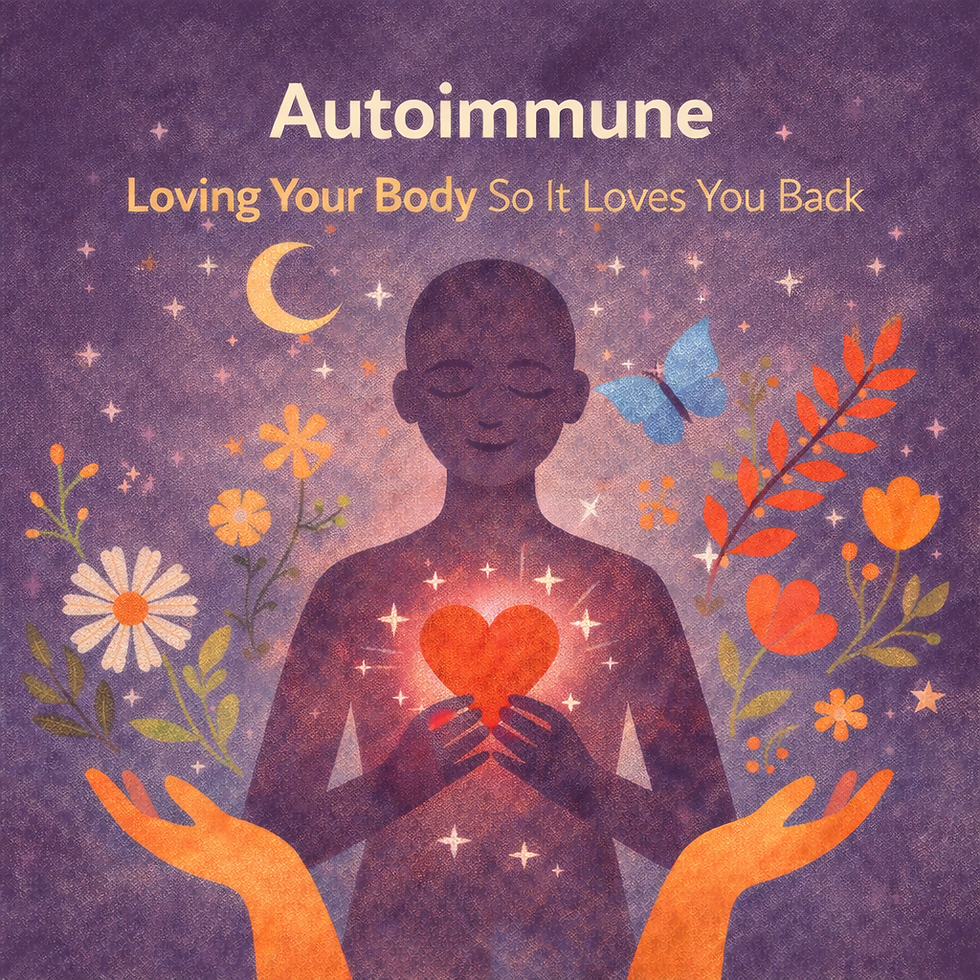Movement and How it Affects the Body
- Dr. Joshua Beaudry
- Jul 8, 2025
- 2 min read
Updated: Jul 16, 2025

Most people think of movement as something that benefits the body. But did you know that how you move can directly shape how your brain works—from how you handle stress to how you sleep and even how clearly you think?
At Life Springs Family Chiropractic, this week’s workshop explored the deep, neurological impact of movement. Here’s what we shared:
Your Brain Develops Through Movement
The brain develops in a specific sequence:
Bottom to top
Back to front
Right to left
Inside out
This means the way you move—especially walking—has a profound effect on activating and maturing different brain regions.
When you walk:
Your ankles stimulate the cerebellum and frontal lobe
These areas are crucial for turning off the fight-or-flight response
You increase glucose uptake and oxygen flow to the brain
Movement Improves Brain Function at Every Level
When you move, your brain doesn’t just feel better—it functions better.
Movement boosts:
BDNF (Brain-Derived Neurotrophic Factor)→ This chemical boosts learning, memory, and adaptability
Neurogenesis in the hippocampus→ The part of the brain involved in memory formation
Stress resilience→ By reactivating the frontal lobe and cerebellum
So if you're struggling with memory issues, mental fog, mood problems, or poor focus, movement isn't just helpful—it's essential.
Inflammation: The Enemy of Brain Health
But movement alone isn’t enough if the brain is under chronic inflammation. The top three drivers of brain inflammation are:
Low oxygen saturation – Below 97% reduces brain performance
Blood sugar dysregulation – Too high or too low causes inflammatory stress
Ideal functional range: 85–100 mg/dL
Below 85? That’s hypoglycemia. Above 100 consistently? That’s prediabetic.
Chronic stress – Shuts down your frontal lobe, pushing you into survival mode
Movement Deactivates Fight-or-Flight
When you’re stressed, your frontal lobe loses blood flow, and your body defaults to fight-or-flight mode. That’s when you feel reactive, overwhelmed, and stuck.
The antidote? Move your body.
When you walk, bounce, or even sway rhythmically:
You reactivate the frontal lobe
You calm the limbic system
You retrain your nervous system toward healing
Simple, Natural Help for Anxiety, Depression & Sleep
Looking for a drug-free way to improve your mental health? Start with movement.
It:
Stimulates your frontal lobe
Activates your cerebellum
Encourages calm, clarity, and better sleep
No fancy gym. No complicated routine. Just consistent, brain-driven movement.
Missed the workshop? Watch the full session here:



